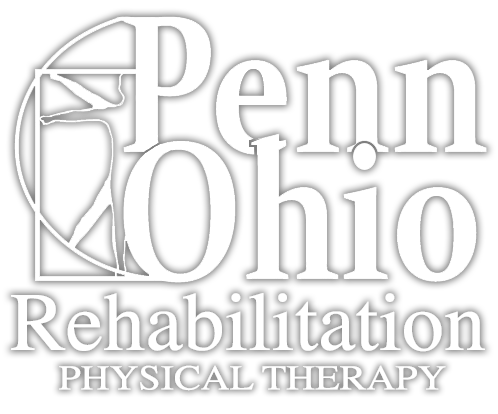Dry Needling
Targeted Treatment for Pain Reduction
Stimulate Healing
reduce pain
improve function

What is Dry Needling?
Dry Needling is a technique that physical therapists use for the treatment of pain and movement impairments. The technique uses a “dry” needle, without medication, that is inserted through the skin into areas of muscle. The needles are usually inserted into trigger points (painful knots in the muscle), tendons, ligaments, or near nerves to stimulate a healing response in painful musculoskeletal conditions.
Dry Needling is not Acupuncture, a practice based on traditional Chinese medicine and performed by acupuncturists. Dry Needling is part of modern western medicine and is supported by research for the treatment of pain and dysfunction in musculoskeletal conditions such as neck pain, shoulder impingement, tennis elbow, carpal tunnel syndrome, headaches, knee pain, shin splints, plantar fasciitis, and low back pain.
Why Dry Needling?
Physical Therapists use Dry Needling with the goal of releasing or deactivating trigger points to relieve pain, improve range of motion or stimulate a healing response in the tissues. Dry Needling improves pain control, reduces muscle tension, and improves the sites at which nerve impulses are transmitted to the muscles.
Is Dry Needling Safe?
Dry Needling involves a thin filament needle that penetrates the skin and stimulates underlying trigger points and connective tissues, allowing therapists to target tissues that are not manually palpable.
Physical therapists follow the standards set by OSHA and Standards of Precaution and Infection control when performing Dry Needling. All needles are sterile, single use, and disposed of in appropriate containers when the procedure is complete.
What Condition Can Be Treated With Dry Needling ?
Muscle dysfunction can be the contributing factor to many musculoskeletal conditions. If trigger points are found to be causing pain, muscle tightness and/or muscle weakness then they would benefit from being treated by dry needling. Common conditions we see for dry needling are repetitive stress injuries, muscle tendonitis, TMJ pain, neck pain, headaches, rotator cuff impingement, frozen shoulder, carpal tunnel syndrome, sacroiliac joint dysfunction, sciatica, muscle strains, iliotibial band syndrome, patellofemoral dysfunction, and plantar fasciitis.
Schedule an appointment
Schedule an appointment or call us to speak with our physical therapists to see if you are a candidate for dry needling.
